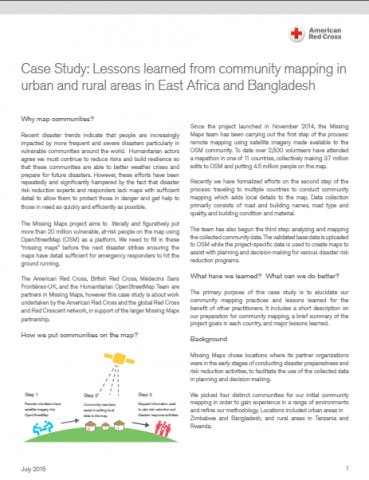Climate change affects many aspects of life. In Bangladesh, cattle farming faces many challenges because of climate change. This article will explore these impacts in detail.

Credit: www.sciencedirect.com
Understanding Climate Change
Climate change means changes in weather patterns over long periods. It includes rising temperatures, more rainfall, and stronger storms. These changes affect the environment and living beings.
Importance of Cattle Farming in Bangladesh
Cattle farming is very important in Bangladesh. It provides milk, meat, and leather. Many families depend on cattle farming for their income.
Effects of Rising Temperatures
Rising temperatures are one of the biggest problems. Cattle suffer from heat stress. This reduces their ability to produce milk and gain weight. Farmers have to spend more on cooling systems and water.
Impact of Increased Rainfall
Increased rainfall can cause flooding. Floods damage pastures and wash away food supplies. Cattle may drown or get sick from dirty water. Farmers must move their cattle to safer places.
Stronger Storms and Cyclones
Stronger storms and cyclones destroy barns and shelters. Cattle can get injured or lost. Rebuilding after a storm costs a lot of money. This puts extra pressure on farmers.
Changes in Food Supply
Climate change affects the growth of crops. Poor crop yields mean less food for cattle. Farmers need to buy expensive feed. This increases the cost of cattle farming.
Diseases and Health Issues
Warmer and wetter conditions lead to more diseases. Cattle get sick more often. Farmers need to spend more on medicine and veterinary care.
Adaptation Strategies
Farmers are finding ways to adapt. Some of these strategies include:
- Using drought-resistant crops
- Building stronger shelters
- Improving water management
- Using better veterinary services
Government and NGO Support
The government and NGOs are helping farmers. They provide training and resources. This support helps farmers deal with climate change.
Future of Cattle Farming in Bangladesh
The future is uncertain. Climate change will continue to pose challenges. However, with adaptation and support, cattle farming can survive.

Credit: www.researchgate.net
Frequently Asked Questions
How Does Climate Change Affect Cattle Farming?
Climate change alters grazing patterns, reduces water availability, and increases disease risks for cattle.
What Are The Main Challenges For Cattle Farmers?
Farmers face reduced pasture quality, water scarcity, and increased disease outbreaks due to climate change.
How Does Temperature Rise Impact Cattle Health?
Higher temperatures cause heat stress in cattle, leading to reduced productivity and increased mortality.
What Are The Effects Of Drought On Cattle?
Drought reduces water and feed availability, leading to malnutrition and lower milk production in cattle.
Conclusion
Climate change has a big impact on cattle farming in Bangladesh. Rising temperatures, more rainfall, and stronger storms make farming harder. But farmers are adapting and getting help. With effort, they can overcome these challenges.
Key Takeaways
| Impact | Description |
|---|---|
| Rising Temperatures | Cattle suffer from heat stress |
| Increased Rainfall | Causes flooding and food shortages |
| Stronger Storms | Destroy shelters and injure cattle |
| Changes in Food Supply | Poor crop yields lead to expensive feed |
| Diseases | Warmer conditions lead to more diseases |
Climate change is a big issue. But with the right strategies, farmers in Bangladesh can continue cattle farming successfully.





















